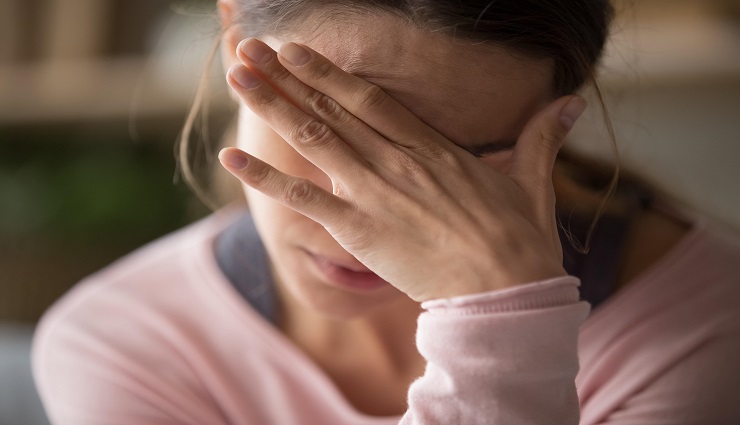Our lifestyle affects the environment. If we know our surroundings and what we use, waste, and recycle, we will have a healthier earth. A sustainable lifestyle minimizes human environmental impact and enhances long-term ecological well-being. Resource and energy management training, reducing waste, saving water consumption, and supporting agriculture contribute to the health of the earth and our living environment.
Today, organic products are costly. The quality of non-organic foods is not as good as organic products. Many parents like to have healthy fruits and vegetables available to their children at a reasonable price. Growing house plants, along with recycling their waste, is one of the ways of sustainable living. Schools can teach children this skill.
Some people can learn a sustainable lifestyle at home, but most children do not. There are many situations in school where children can learn about sustainable living. Their responsible choices will play a significant role in the health of future generations and the planet.
5. Resilience and empathy
In many daily situations, we must remain brave, patient, self-confident, and strong, and we must have learned and practiced this skill in advance. Resilience means adapting and resisting adversity, Whether it is a minor failure or life’s biggest challenge. Resilience is a combination of mental, emotional, and behavioral skills. To have this skill, you must be flexible and positive, improve your emotional intelligence, and practice problem-solving methods. With this skill, you can manage your stress, cope with difficult situations and improve your mental health in the long run.
Empathy is also a skill that we need to adapt to society. In Danish schools, children are taught empathy, and students regularly meet with their teachers to discuss their problems. In these meetings, they learn how to find a solution to their problems according to the feelings of others. Using this skill, we can build better relationships.
Everyone often tastes failure or experiences grief, but not everyone can overcome it. How to deal with loss and disappointment and being flexible and resilient are skills that should be addressed in school. The power to accept failure helps us overcome life’s crises and believe in our worthwhile going through them. Correctly dealing with absence also reduces frustration and anxiety.
6. self-care
Learning about mental health and caring for yourself in difficult situations should also be included in future curricula for a healthier, more dynamic society. Self-care involves taking conscious steps to maintain physical, mental, and emotional health. Adequate sleep, a nutritious diet, regular exercise, concentration training, meditation, yoga, and getting help from professionals are some of the skills practiced in self-care.
Children can learn self-care by spending more time exploring art, traveling, and other non-traditional education methods. This prepares them for a happy life focused on peace and contentment. If students learn the value of self-love and self-care in schools, they will be more emotionally healthy in the future.
Mindfulness is another skill we can learn in school. With this method, people can focus on the present and live their lives without judgment and with compassion. Mindfulness teaches people to better communicate with themselves, others, and the world around them, making them less prone to depression and anxiety.
7. Working with technology
Today, with the development of the digital world, the training of technology-related skills has become more critical. How to type correctly, use application software, search precisely on the Internet, and use social networks safely and responsibly are skills that our children should learn from childhood. Furthermore, coding, programming, and cyber security help students stay competitive in the job market and have better job opportunities.
last word
Incorporating life skills into the school curriculum has significant benefits for students. The development of these skills, in addition to improving academic performance, allows students to overcome the challenges of adulthood with more confidence. By investing in developing social skills, self-care, and financial planning, schools can prepare students for bright and successful futures.
What skills would you like to learn in school? Please write to us about the subject you think is missing from the school’s curriculum.




